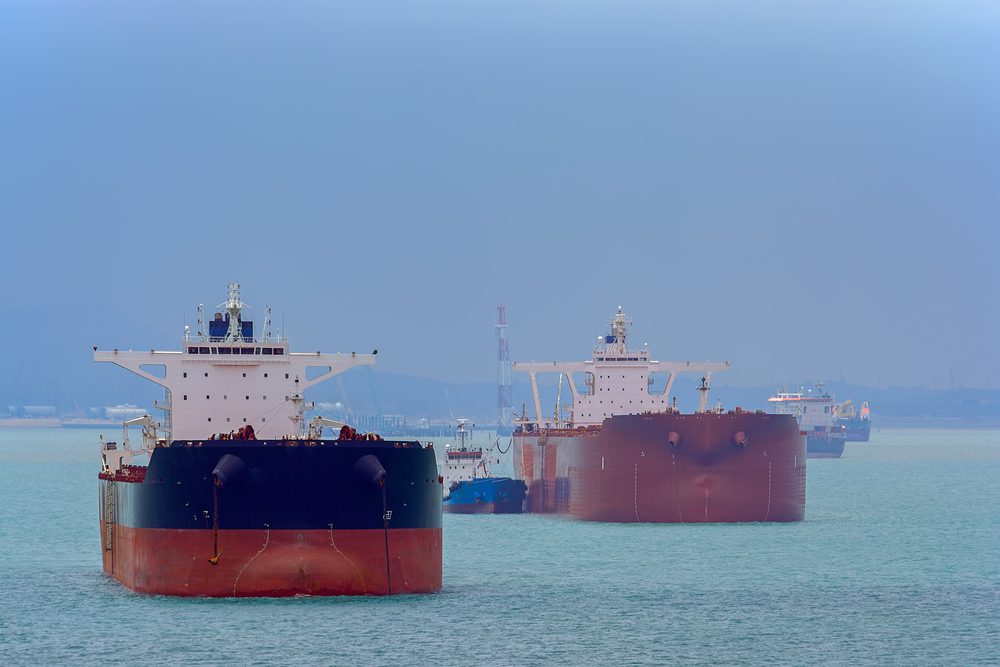File Photo: Igor Grochev / Shutterstock
By Sherry Su and Javier Blas (Bloomberg) — Russia’s efforts to resolve an unprecedented oil-contamination crisis suffered a setback as the nation loaded another tainted cargo from a port in the Baltic Sea, days after the government had said the port was clear.
Traders receiving Urals crude at the Ust-Luga terminal said some oil continues to exceed acceptable levels of organic chloride, the contaminant blamed for major disruption to the nation’s exports since last month. At least one tainted cargo has been loaded onto a tanker since Monday, when Russia’s Energy Ministry said all shipments there were clean, according to the traders, who asked not to be identified because the information is confidential.
A spokesman for Transneft, which operates the country’s pipeline network, declined to comment. Russia’s Energy Ministry didn’t immediately reply to a request for comment.
Partial Restart
Russia is racing to return oil exports to normal after deliveries to Europe via Ust-Luga and the Druzhba pipeline were halted last month by the chemical contamination. Resolving the problem could take months as millions of tons of tainted oil have to be removed from pipelines in Belarus and Ukraine, as well as storage tanks in the Baltic port.
By Tuesday, flows of clean oil had been restored to the Mozyr refinery in Belarus, but the northern branch of Druzhba that runs to the border with Poland was still out of service.
The southern leg of pipeline is pumping uncontaminated crude to Ukraine, which should be able to restore clean supplies to Slovakia and Hungary next week, Transneft said in a statement on Wednesday.
Lower Production
The continuing difficulties at Ust-Luga, which started receiving untainted oil last week, underscore the challenge of purging the vast network of pipelines and terminals of the organic chlorides, which can damage refineries if they process the crude.
While the Energy Ministry has denied any impact on Russian oil production from the crisis, output between May 2 and 12 dropped to 11.16 million barrels a day on average, compared with 11.233 million in April, according to calculations based on the Energy Ministry’s CDU-TEK statistics seen by Bloomberg.
While there is no final assessment of total damages resulting from the contamination, the figure is “not billions and not hundreds of millions of dollars,” Russian Energy Minister Alexander Novak told reporters in Sochi on Wednesday.
The situation has deprived the global oil market of medium crude that’s similar to Russia’s and forced refineries in several European countries to lower how much crude they are processing, the International Energy Agency said in a report Wednesday.
“Sourcing Urals alternatives from international markets is becoming more expensive,” the Paris-based adviser to oil-consuming nations said, noting that the curbs come at a time when Middle East producers have chosen to hike prices for their barrels.
© 2019 Bloomberg L.P

 Join The Club
Join The Club











